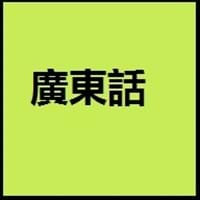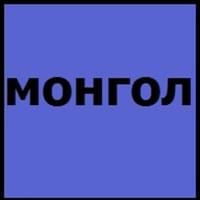Cantonese vs Mongolian
- Cantonese have lot of slangs, many of them include words that do not make sense at all and some also have English in them.
- Even though Cantonese and Mandarin are dialects of Chinese, Cantonese has 8 tones instead of Mandarin's 4.
- Mongolian was first written using Phagspa script in late 13th century.
- There is no connection between Mongolian, Japanese and Korean, but still in terms of grammar and sentence structure they are very similar.
Cantonese and Mongolian Language History
Comparison of Cantonese vs Mongolian language history gives us differences between origin of Cantonese and Mongolian language. History of Cantonese language states that this language originated in 17th century whereas history of Mongolian language states that this language originated in 1224-1225. Family of the language also forms a part of history of that language. More on language families of these languages can be found out on Cantonese and Mongolian Language History.
Cantonese and Mongolian Greetings
People around the world use different languages to interact with each other. Even if we cannot communicate fluently in any language, it will always be beneficial to know about some of the common greetings or phrases from that language. This is where Cantonese and Mongolian greetings helps you to understand basic phrases in Cantonese and Mongolian language. Cantonese word for "Hello" is 您好 or Mongolian word for "Thank You" is та бүхэнд баярлалаа (ta bükhend bayarlalaa). Find more of such common Cantonese Greetings and Mongolian Greetings. These greetings will help you to be more confident when conversing with natives that speak these languages.
Cantonese vs Mongolian Difficulty
The Cantonese vs Mongolian difficulty level basically depends on the number of Cantonese Alphabets and Mongolian Alphabets. Also the number of vowels and consonants in the language plays an important role in deciding the difficulty level of that language. The important points to be considered when we compare Cantonese and Mongolian are the origin, speaking countries, language family, different greetings, speaking population of these languages. Want to know in Cantonese and Mongolian, which language is harder to learn? Time required to learn Cantonese is 88 weeks while to learn Mongolian time required is 44 weeks.





